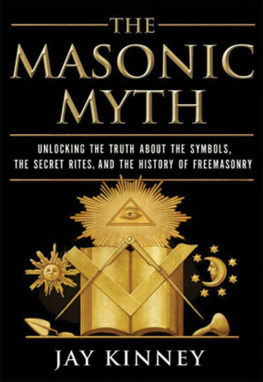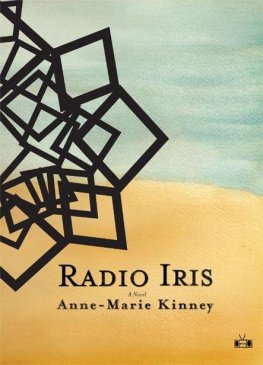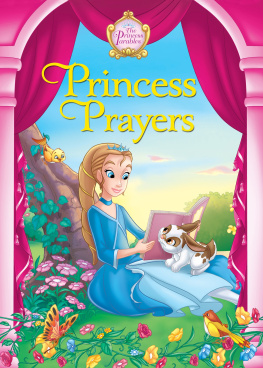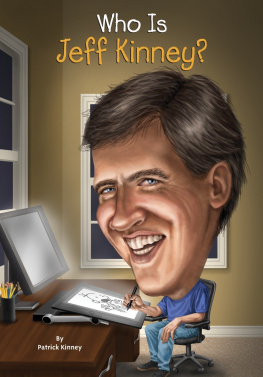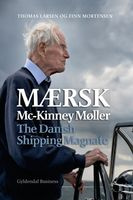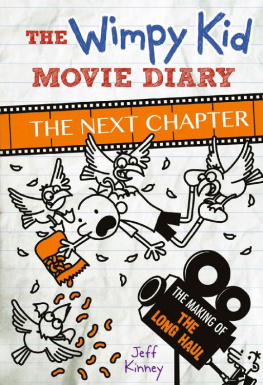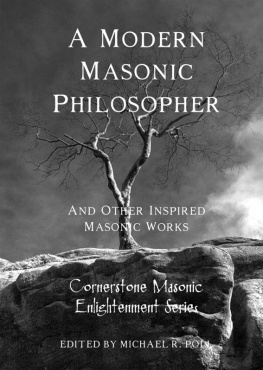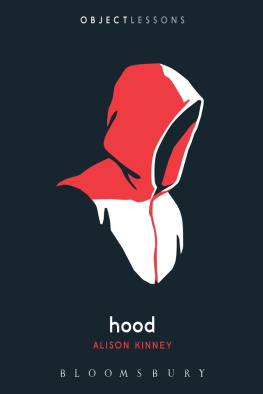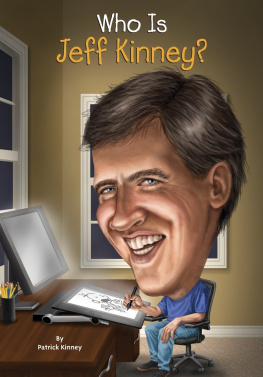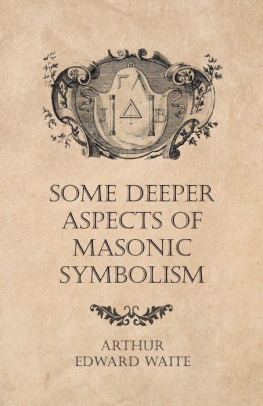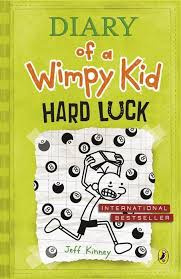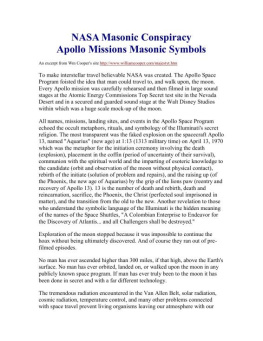Jay Kinney - The Masonic Myth
Here you can read online Jay Kinney - The Masonic Myth full text of the book (entire story) in english for free. Download pdf and epub, get meaning, cover and reviews about this ebook. year: 2009, publisher: HarperCollins e-books, genre: Religion. Description of the work, (preface) as well as reviews are available. Best literature library LitArk.com created for fans of good reading and offers a wide selection of genres:
Romance novel
Science fiction
Adventure
Detective
Science
History
Home and family
Prose
Art
Politics
Computer
Non-fiction
Religion
Business
Children
Humor
Choose a favorite category and find really read worthwhile books. Enjoy immersion in the world of imagination, feel the emotions of the characters or learn something new for yourself, make an fascinating discovery.
- Book:The Masonic Myth
- Author:
- Publisher:HarperCollins e-books
- Genre:
- Year:2009
- Rating:4 / 5
- Favourites:Add to favourites
- Your mark:
- 80
- 1
- 2
- 3
- 4
- 5
The Masonic Myth: summary, description and annotation
We offer to read an annotation, description, summary or preface (depends on what the author of the book "The Masonic Myth" wrote himself). If you haven't found the necessary information about the book — write in the comments, we will try to find it.
The Masonic Myth — read online for free the complete book (whole text) full work
Below is the text of the book, divided by pages. System saving the place of the last page read, allows you to conveniently read the book "The Masonic Myth" online for free, without having to search again every time where you left off. Put a bookmark, and you can go to the page where you finished reading at any time.
Font size:
Interval:
Bookmark:
Unlocking the Truth About the Symbols, the Secret Rites, and the History of Freemasonry

In memory of my father, Del Jay Kinney,
whose life was dedicated to universal brotherhood
The Masonic Myth
Rumors, Accusations, and Hoaxes
Square Roots
Where Did Freemasonry Come From?
Continental Ops
The Craft Spreads to Europe
Novus Ordo Seclorum
Freemasonry Comes to America
The Powers That Be
Making Sense of the Masonic Power Structure
Secret Rites and Rituals
What Do Masons Do?
Out of the Blue
A Look at the Higher Degrees
Veiled in Symbol and Allegory
Deciphering Masonic Symbolism
The Illuminati Factor
Does a Hidden Order Rule the World?
Is Masonry Occult?
And Is Occult Even a Useful Word?
Back to the Future
Is Freemasonry Doomed?
Further Light on Masonry Recommended Resources for Research on Freemasonry
Masonic Lodge Officers and Their Typical Duties
This book could not have happened without the assistance of numerous people and institutions. First and foremost are the Masonic libraries, whose resources are all too often underestimated and underutilized. (For the sake of brevity and so as not to emphasize an appearance of rank, I am dispensing with any degree honorifics after the names of any Masons that I name here.) I extend my appreciation to the House of the Temple Library and Museum of the Supreme Council, 33, in Washington, D.C., whose assistant librarian, Larissa K. Watkins, has been unfailingly helpful in my research. Similarly, Ive enjoyed the extensive use of the Harry G. Yetter Masonic Research Library at the Oakland Scottish Rite Temple, in Oakland, California, ably curated by Bro. Greg Rapp. A nod of appreciation as well to Bro. William Krueger, librarian at the Iowa Masonic Library of the Grand Lodge AF&AM of Iowa, and Helaine Davis, librarian for the Scottish Rite Masonic National Heritage Museum in Lexington, Massachusetts. Finally, and most significantly, Ive had the good fortune to draw upon the resources of the H. Douglas Lemons Research Library of the San Francisco Scottish Rite, where I serve as librarian.
My thanks to friends Rich Coad, Spike Parsons, Jay Cornell, Richard Smoley, Bro. John Michael Greer, Bro. William Arney, Bro. Robert G. Davis, Bro. Jim Tresner, Bro. Thomas Worrel, Bro. Frits Casse, Bro. Al Miller, Bro. Edgar Fentum, and others unnamed, for reading my manuscript at various stages of completion and offering their comments. Thanks, too, to the brethren of Mill Valley Lodge no. 356 and Mission Lodge no. 169, Grand Lodge of California, F&AM, for the fellowship and insights they have offered over the course of my association with them.
A particular note of appreciation goes to my agent, Katherine Boyle, who has been an ongoing source of support and advice at every stage of the editorial process.
My thanks to Gideon Weil, my editor at HarperOne, without whose confidence and enthusiasm this book would not have happened. Thanks, as well, to Jan Baumer, Suzanne Stradley, Julie Burton, and the rest of the crew at HarperOne for their attention to detail and professionalism.
Finally, my love and gratitude go to my wife, Dixie, whose unwavering support saw me through the sometimes grueling process of writing my first full-length book.
Every writer is beholden to his sources, and I have tried to provide citations at every possible step in order to give credit where credit is due. Nevertheless, some may have been unintentionally omitted, in which case I express here my apologies in advance. It goes without saying that all opinionsas well as mistakesare mine alone and should not reflect upon those cited or acknowledged here.
As a reader, you have the perfect right to wonder how I might presume to uncover the truth about Freemasonry when so many before me have wandered lost in a maze of hearsay and rumor. What qualifications do I bring to this venture?
First and foremost, for the past thirty years I have studied the ever-shifting sands of conspiracy theories and esoteric traditionsthe two overlapping milieus most often associated, whether rightly or wrongly, with Freemasonry. As an observer, writer, and editor, I learned to distinguish between theories and facts, and between unwarranted assumptions and judicious conclusions. This sense of discrimination served me well as publisher and editor in chief of Gnosis: A Journal of the Western Inner Traditions. As the leading American journal dealing with esoteric and spiritual traditions, Gnosis earned a reputation for scholarly research that could be relied upon. In writing The Masonic Myth, I have held myself to the same standards of accuracy and citation of sources that Gnosis demanded of its authors.
Second, unlike many writers and researchers on Freemasonry, I bring to my task the added perspective of having experienced the Craft, as Freemasonry sometimes refers to itself, from within. For many years I studied Masonry from the outside, but I didnt really get it until I took a chance and joined a lodge in my area. This inside experience has proved invaluable in assessing both Masonrys self-image and the image projected upon it by its critics.
In addition, membership in the Craft has placed me in close proximity to Masonic research circles and resources, such as little-known but substantial Masonic libraries. In investigating these resources, I quickly realized that they contain a wealth of information that can help a dedicated researcher develop a realistic picture of Freemasonry, past and present.
Now, I will admit that I had been reluctant to consider joining Masonry for a long time, out of fear that any vows of secrecy I might take would inevitably compromise my objectivity and my ability to discuss the Craft with the world at large. Such strictures could be damaging to my reputation and my work as a writer. I found, however, that Freemasonryin the 21st century, at leasthas far fewer prohibitions on what its members can discuss with others than I had feared. Accordingly, I have felt restrained only from revealing the modes of mutual identification between Masons (i.e., the passwords, grips, and signs) and the precise wording of ritual.
Regarding the intricacies of word usage, it would be helpful for me to clarify a few subtle differences between terms. References to masonry and masons (all lowercase) typically refer to working (or operative) stonemasons. References to Freemasonry, Masonry, Masons, and the Craft (all capitalized) usually refer to modern speculative (i.e., philosophical) Masons, who came to the fore after the gradual eclipse of operative masonry.
It is standard Masonic usage to capitalize the formal titles of lodge and grand lodge officers as well as the names of specific grand lodges. Thus, the presiding officer of a Masonic lodge who is formally addressed as Worshipful Master (an honorific dating back centuries, somewhat akin to calling a judge your honor) invariably has that title capitalized or abbreviated to WM. To the modern eye this may seem like capitalization overkill, so I have trimmed back the capitals in some general references to officers and grand lodges. Other instances of capitalization in the booksuch as references to the four cardinal directions within Masonic lodge roomsgenerally follow Masonic usage.
I should point out that I did not join Masonry in order to write this book. However, after joiningand after familiarizing myself with the range of literature availableI discovered that there was a need for an accessible and reliable overview and guidebook to the Craft. In those few cases where there were decent books filling that need, there always seemed to be some crucial elements missing. Either the Masonry discussed was primarily British or the genuine mysteries about the Craft were given short shrift. The Masonic Myth is my effort to rectify the situation.
Font size:
Interval:
Bookmark:
Similar books «The Masonic Myth»
Look at similar books to The Masonic Myth. We have selected literature similar in name and meaning in the hope of providing readers with more options to find new, interesting, not yet read works.
Discussion, reviews of the book The Masonic Myth and just readers' own opinions. Leave your comments, write what you think about the work, its meaning or the main characters. Specify what exactly you liked and what you didn't like, and why you think so.

